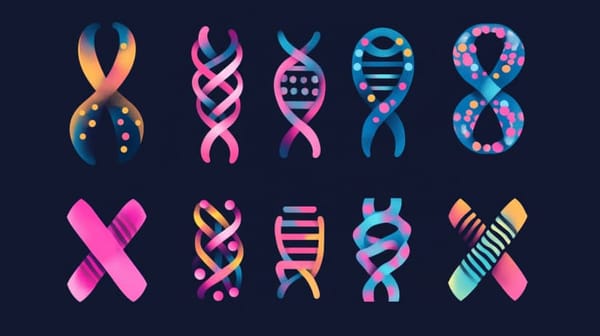In discussing the macronutrient needs of stem cells, especially in the context of regeneration and optimal function, it's important to understand that stem cells, like all cells, require a balanced supply of macronutrients—carbohydrates, proteins, and fats—for energy, growth, and repair. The precise ratios of these macronutrients can vary depending on the specific type of stem cell and its current state (e.g., quiescent vs. actively dividing) and the organism's overall metabolic state. However, we can discuss general principles based on what is known about cellular metabolism and the requirements for cell culture in a laboratory setting, which might provide insights into this scenario.
Glucose as a Necessity:
- Energy Production: Glucose is a primary energy source for cells, including stem cells. It is metabolized through glycolysis and the tricarboxylic acid (TCA) cycle to produce ATP, which is essential for numerous cellular functions.
- Anabolic Processes: Glucose is also a precursor for the synthesis of nucleotides, amino acids, and lipids, which are crucial for cell division and the synthesis of new cellular components.
Macronutrient Ratios for Stem Cells:
While specific ratios might vary, a balanced approach can be considered essential:
- Carbohydrates: Provide a readily available energy source. In a stem cell culture medium, glucose is often the primary carbohydrate. While gluconeogenesis (the metabolic pathway that generates glucose from non-carbohydrate substrates) can provide glucose internally, relying on it exclusively could be inefficient for rapidly dividing cells like stem cells, particularly under regenerative conditions where energy and substrate demands are high.
- Proteins: Amino acids from proteins are essential for the synthesis of new proteins, including enzymes and structural components of cells. They can also serve as energy sources through catabolic pathways when necessary. In culture, specific amino acids can influence stem cell renewal and differentiation.
- Fats: Fatty acids are vital for constructing cell membranes and serve as an energy reserve. They are also involved in signaling pathways that can influence stem cell fate.
The Importance of Carbohydrates During Regeneration:
- While gluconeogenesis can provide glucose during periods of low carbohydrate intake, it may not be sufficient to meet the high energy and substrate demands of stem cells during active regeneration. Glucose from dietary carbohydrates offers a more efficient and direct energy source, supporting rapid cellular processes such as proliferation and differentiation.
- Moreover, the rate of gluconeogenesis is regulated and has limits; it cannot always ramp up to match high energy demands quickly. Therefore, having some carbohydrates available can support more efficient stem cell function and regeneration.
In conclusion, while stem cells, like all cells, are versatile in their ability to utilize different macronutrients, glucose plays a critical role in energy production and biosynthetic pathways. A balanced supply of carbohydrates, proteins, and fats is likely beneficial for optimizing stem cell regeneration and function, with dietary carbohydrates serving as an important, efficient energy source to support these processes.





